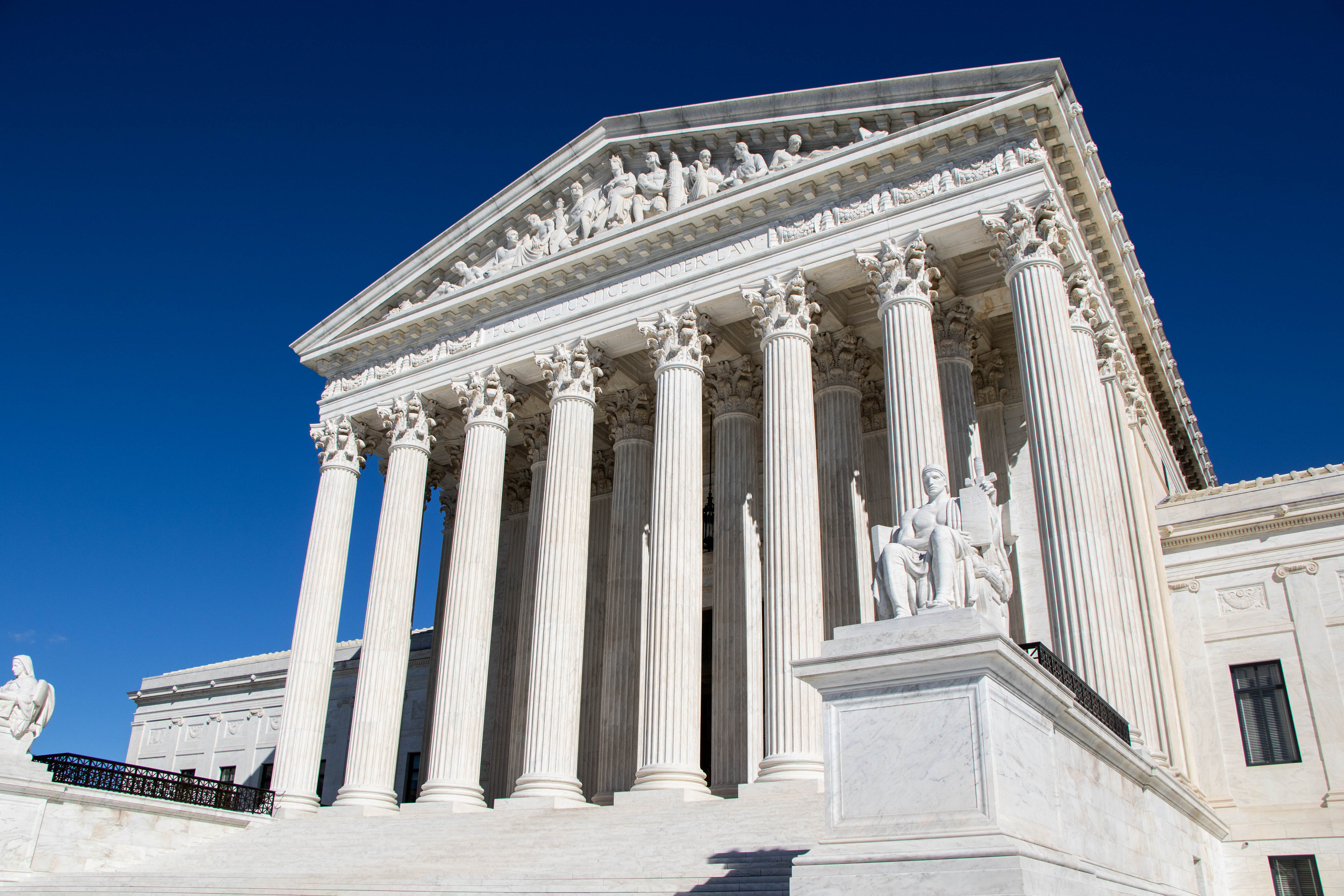Views expressed in opinion columns are the author’s own.
If you tried out for a high school sports team and got placed on the junior varsity team instead of varsity, you would be angry, right? Let’s say you vented about how much you hate the team and school on your Snapchat story. That seems pretty normal. But, what if someone showed the post to your coach and you were suspended from the team for a whole year?
A high school cheerleader was suspended from playing sports for doing just that. Now, she could become a champion for students’ free speech rights.
Brandi Levy, a student at Mahanoy Area High School in Pennsylvania, tried out for her school’s varsity cheerleading team but instead ended up on the JV team. Upset with her placement, she posted a photo of her middle finger and the phrases “F— school, f— softball, f— cheer, f— everything,” on her Snapchat story.
This case brings forward an incredibly important issue: students should not have their entire lives controlled by their schools. While students do have fewer rights than adults, that does not mean all of their freedoms should be stripped away — especially when they are not on their school’s campus.
Another student showed it to Levy’s cheerleading coach, who suspended her from the team for a year. Levy wasn’t allowed to cheer or play softball for the school, and her parents filed a lawsuit alleging her First Amendment rights were breached. The case has made its way up to the Supreme Court, where justices heard it on April 28.
The court has indicated it may issue a ruling specific to this case rather than a landmark ruling. A landmark ruling would set a precedent for future free speech cases, and Justice Stephen Breyer said, “I’m frightened to death of writing a standard.”
Yet the Supreme Court must make a ruling that effectively protects students’ right to free speech. If schools are given too much overreach, there’s the threat of them silencing any unsavory opinions students have. Students should be allowed to criticize their schools. If they can’t, how will the schools be held accountable?
The classic school free-speech case people often reference is Tinker v. Des Moines, where students were punished for wearing black armbands in school to protest the Vietnam War. This case established a student’s speech or expression had to cause a “substantial disruption” in order to warrant punishment by the school. It also asserted that students do not abandon their First Amendment rights when they enter a classroom.
Levy’s post never caused a substantial disruption in the classroom, as many other social media posts wouldn’t. If a social media post is posted during the school day, that would be different. But a school should not have the same authority over students outside school hours and off-campus. Their code of conduct and standards cannot be applied to everything a student does.
If students are taught from a young age they cannot share controversial opinions or ideas on social media, their voices and passions for change may be stifled and silenced. Schools do not just have a responsibility to teach students academic skills — they are also responsible for teaching students the values they need to succeed in life and create a bright future for themselves. They should teach their students to be empowered, open and honest.
Of course, some posts should be punishable, and social media needs to be viewed on a case-by-case basis. For example, if a post contains a direct threat to a student or staff member, or if it’s cyberbullying, then the school should take disciplinary action. However, if a student is sharing their opinions about the school, that should not be punishable. This can apply to a wide range of situations, including posts with profanity and insults to the school.
Students should not be censored on social media by their schools when their speech is not harmful or dangerous. Simply complaining about school isn’t grounds for suspension from extracurriculars or academics. Schools cannot gain too much power over students or we will be teetering on the edge of something extremely harmful: schools silencing their students.
Courtney Cohn is a sophomore journalism and government and politics double major. She can be reached at cncohn1@gmail.com.



